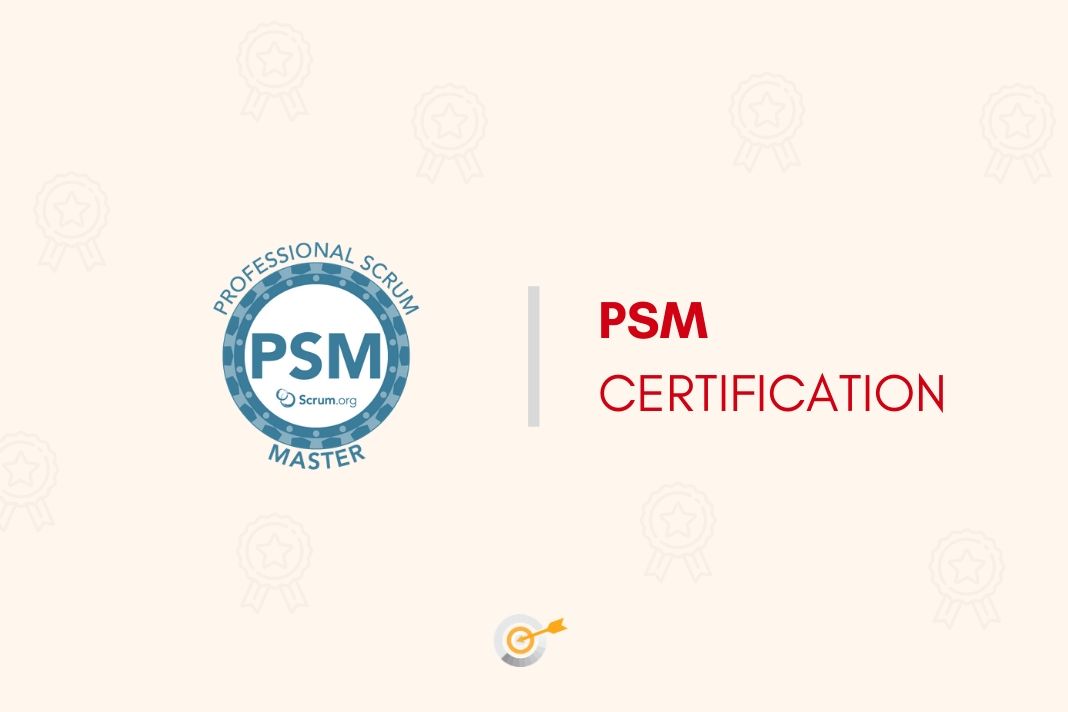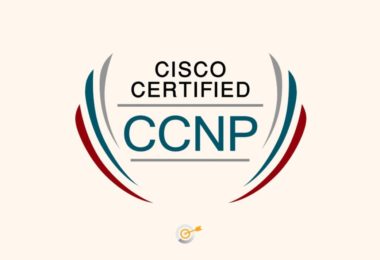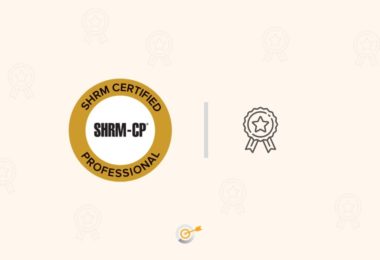
Overview of the Certification
Scrum has become an indispensable part of organizations that have adopted the Agile framework. Scrum is an Agile framework that helps teams collaborate to achieve success in a development environment where the requirements are rapidly evolving. Teams following Scrum methods are encouraged to work in a transparent manner, self-organize while working on a problem, and continually improve themselves through self-reflection. Leading IT-based organizations and companies are looking to hire candidates who are familiar with the Agile and Scrum framework, its principles, and processes.
A recent article published by Forbes Magazine says that IT professionals with certifications are earning an average of $17,000 more per year than the median IT certification salary. From an employee perspective, certifications let you demonstrate additional qualifications on your resume in addition to getting hired faster.
The demand for certified Scrum professionals is on the rise, and the Certified ScrumMaster® (CSM®) and Professional Scrum Master (PSMTM) are the two industry-recognized certifications that can add value to your Scrum career. The Professional Scrum MasterTM level I (PSM I) assessment is available to anyone who wishes to validate his or her depth of knowledge of the Scrum framework and its application.
Who is This Course Right For?
There are no specific prerequisites needed for attending this course or undertaking the examination. The Professional Scrum Master™ training can be attended by any individual who is interested in attending the training and giving the examination. Taking up the Professional Scrum Master™ training course will benefit the following individuals:
- Scrum Team members such a Product Owners and developers
- Professionals who wish to pursue the Professional Scrum Master™ Certification
- Teams which are transitioning to Scrum
- Scrum Team managers
Recommended Articles ;
How to prepare for scrum master certification
A Guide on How to Get a Certified Scrum Product Owner Certification
A Comprehensive Guide on Certified Scrum Developer and Professional Scrum Developer Certification
About the Exam
The Professional Scrum Master (PSMTM) is offered by Scrum.org, an organization that was founded by Ken Schwaber, the co-creator of Scrum; and seeks to improve professionalism in Scrum training across the world. Both CSM and PSM training courses have a duration of 2 days (14 to 16 hours) each. The PSM course is led by a Professional Scrum TrainerTM (PSTTM).
PSM is offered at two levels, PSM I and PSM II. People who have successfully achieved the PSM I demonstrate a foundational level of Scrum mastery and are well versed in the terminology and approach to Scrum. Passing the PSM II acknowledges a deeper understanding of Scrum principles and the ability to apply Scrum in complex situations.
Certification Process
- Taking a course is not mandatory, and if you feel you already have the required level of Scrum knowledge, you can apply to write the PSM I Exam. However, undertaking the course will get you well prepared to pass the exam at your first attempt.
- You can check the resources available(1) to help you in your preparation.
- The PSM I Assessment contains 80 questions to be answered in a time limit of 1 hour. If you pass the assessment, you will receive the PSM I certification and a logo.
In PSM I, the passing criteria are quite tough, as you will have to complete 80 questions and achieve at least 85% (this is not accurately defined by Scrum.org) to get the Professional Scrum Master certificate.
Exam Pattern
The PSM certifications are a mix of multiple-choice questions, multiple-answer questions, and some true/false questions. The PSM I will test you on the facts of Scrum as well as some scenario-based questions. It is generally understood that the Certified ScrumMaster test is relatively easier than the PSM 1 and PSM 2PSM does not have a mandatory requirement of attending training classes, and many students who have not attended a training workshop therefore find that their preparation is inadequate.
The PSM costs $150 USD per exam attempt. If you join a training course, then your first exam attempt is free. Assessment passwords are valid for one attempt, do not expire and remain valid until used. There is no need to renew your PSM credentials. Once you get the PSM credential, it has a lifetime validity. PSM comes with a standard agenda which must be followed across all training institutes. This way, the training remains consistent.
Scrum Open Assessment Tool
The Scrum Open assessment is a tool for validating your basic knowledge of the Scrum framework. Taking the Scrum Open will allow you to create a baseline of your current Scrum knowledge, from which you can start improving immediately. It is free of charge and does not include any certification. Before attempting the Scrum Open assessment it is highly recommended that you review the Scrum Guide(2) which is the official Scrum body of knowledge. The assessment consists of 30 questions randomly selected from a larger pool.
Study Process:
The assessment is difficult; preparation is required to achieve a passing score. Reading the Scrum Guide and taking the Open Assessments alone isn’t typically enough preparation and we recommend reviewing the content below:
- The assessment covers topics from multiple Focus Areas defined by the Professional Scrum Competencies.
- Many questions ask you to think about or interpret the meaning from the Scrum Guide and how you would apply Scrum within a Scrum Team.
- The PSM I Suggested Reading lists the Focus Areas from which questions may be selected during the assessment.
To protect the integrity of the certification process, Scrum.org does not share information about the specific questions that were answered correctly or incorrectly. You can access the learning path for Professional Scrum Master certification here(3)
Core Competencies
Understanding and Applying the Scrum Framework
- Empiricism
- Scrum Values
- Roles
- Events
- Artifacts
- Done
- Scaling
Developing People and Teams
- Self-Organizing Teams
- Facilitation
- Leadership Styles
- Coaching & Mentoring
- Teaching
Managing Products with Agility
- Forecasting & Release Planning
- Product Vision
- Product Value
- Product Backlog Management
- Business Strategy
- Stakeholders & Customers
Developing & Delivering Products Professionally
- Emergent Software Development
- Managing Technical Risk
- Continuous Quality
- Continuous Integration
- Continuous Delivery
- Optimizing Flow
Evolving the Agile Organization
- Organizational Design & Culture
- Portfolio Planning
- Evidence Based Management™
Scrum Salary and Job Prospects
After being a certified Professional Scrum Master, the candidate can apply for the following fields
- Scrum Master
- Associate Scrum Master
- Product Owner
- Coach
- Mentor
The average salary for PSM I certified professionals ranges between 75000 USD and 110000 USD. The salary for a PSM II Certified professionals ranges between 90000 USD and 130000 USD.
Where to Get Online Resources for the Certification?
There are several training providers like KnowledgeHut, Simpli Learn, Udemy, Scrum.org, and several others that offer training services for the course including fee for the exam.




